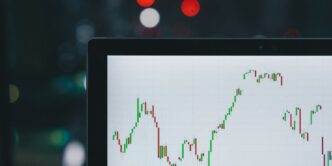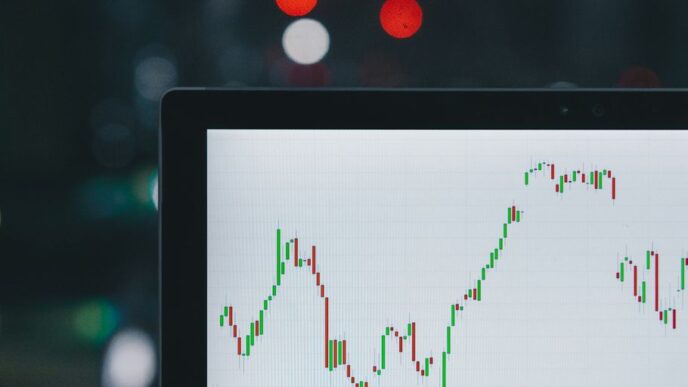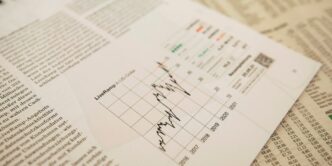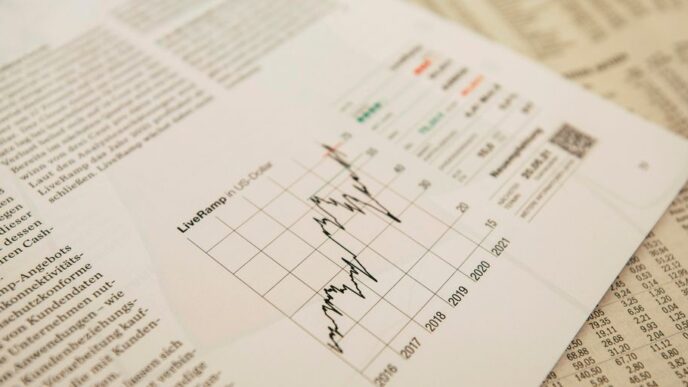Getting started with trading in the fast-moving financial markets can be a daunting prospect for investors, especially for the ones who are just beginning. The complexities of market analysis, risk management, and decision-making can often cause challenges for beginners. While traditional methods can discourage new traders from participating in the trading world, there are some alternative options, like social trading that address these challenges to a broader extent.
In this guide, we will explore social trading, how it works, and what are its advantages and disadvantages.
What is Social Trading?
Social trading, often confused with copy trading, is a type of online trading that utilizes the strength of social networks and online communities. With Social trading, traders of different levels can connect, interact, and share ideas and insights on investment decisions through specialized social trading platforms. This approach can potentially add to the trading performance of beginner traders as they can interact and follow the trading practices of seasoned traders.
How does Social Trading Work?
Social trading creates quick access to the financial market for investors who have just begun with the Foreign Exchange Market (forex) or for someone who does not have enough time to focus on trading but is willing to build a passive income by learning from experts. The seasoned experts share their knowledge with new traders on specialized social trading platforms and create an environment of mutual profit. These social trading platforms make the trading of experienced traders transparent so that investors can view their trades in real-time.
However, as the financial conditions of the traders and investors may vary, it is necessary for the investors to follow a trader that aligns with their investment goals. Most of the social trading platforms include advanced tools for analyzing and comparing the performance of experienced traders. Investors can track and compare the data like win-loss ratio, profit, and drawdown of different traders and decide whom to follow. Similar to the “subscribe” option on social media platforms, social trading platforms enable investors to” follow” the live feed of an experienced trader and mimic their trades.
Another important aspect of social trading is Chat rooms, also called discussion forums. In the chat rooms, traders can ask questions, share their experiences, and advise other members of the community.
Strategies of Social Trading
In Social trading, the ease of access to the investors has opened a lot of opportunities. Investors can opt for a trading strategy from different strategies depending on their investment goals and risk tolerance. Here are some of the most common strategies used by investors-
- Copy Trading: Copy trading is an online social trading strategy where investors can mirror the trades of seasoned traders through specialized platforms.
- Social Following: In this type of trading, the investors can follow traders to gain insight into their trading strategies, but they don’t need to copy their portfolios. They can make decisions as per their understanding.
- Crowd Trading: In this type of trading, the investors focus on following the trades and insights of a group of traders instead of a single trader.
- Portfolio Mirroring: In portfolio mirroring, the investor mirrors the entire trading portfolio of an experienced trader instead of a single trade, providing a diverse market view with potentially lower risk.
Hybrid Approach: This approach is the combination of all the social trading strategies which can result in a more varied and well-rounded trading approach.
Benefits and Risks of Social Trading
The social trading market has a reputation for having a large community of traders, easy-to-use platforms, and lower transaction fees, which can attack beginners. However, before diving into social trading, it is highly crucial to look at the advantages and disadvantages.
Benefits of Social Trading
Social trading has a wide array of benefits, ranging from access to experienced traders to opportunities for portfolio customization. Some of the benefits of social trading are-
Access to Experts
By means of social trading, investors (particularly beginners) can have access to experienced traders’ strategies and knowledge. Through communities and networking, they have the liberty to interact with them, gain benefits from their wisdom, and get insights into the financial markets, helping them to make informed and better decisions along with improving their trading skills in less time.
Diversification of Portfolio
With social trading, investors can diversify their trades by getting in touch with experienced traders who trade in various asset classes, have different risk profiles, and follow trading strategies that investors might not know about. Thus, helps investors to follow multiple experienced traders diversify their portfolio, and spread the risk among different assets along with maximizing the chances of gaining profit through multiple trades.
Time-Efficiency
Because of multiple reasons, not every trader has the luxury of dedicating extensive time to market research and analysis. As a solution to this, social trading allows busy professionals to streamline the process. It provides traders access to insights shared by fellow traders, giving them the opportunity to optimize their time and allocate resources to other essential tasks.
Risks of Social Trading
Like other trading methods, social trading also involves risks. Understanding all types of risks associated with it is important before entering any social trading platform. Some of the key risks associated with social trading are-
Lack of control
Like PAMM, in social trading, the investors have to rely on the strategies and ideas of experienced traders. Though this can help them gain benefits from experts, it restricts their control to make instant changes in the trade when market conditions change.
Market Volatility
Diversification of a portfolio through social trading can increase the chances of minimizing risk but it does not protect from market volatility. Even experienced traders can not protect someone from sudden market fluctuations, instead, they can lower the risk to some extent.
Conclusion
To conclude, social trading is a valuable and unique concept of combining the financial market with social networks, allowing investors to learn, collaborate, potentially gain profits, and gain wisdom from experts. However, like other forms of trading, it comes with its own set of challenges and risks that need to be understood before entering social trading to make informed decisions and follow the right approach towards the trade.













